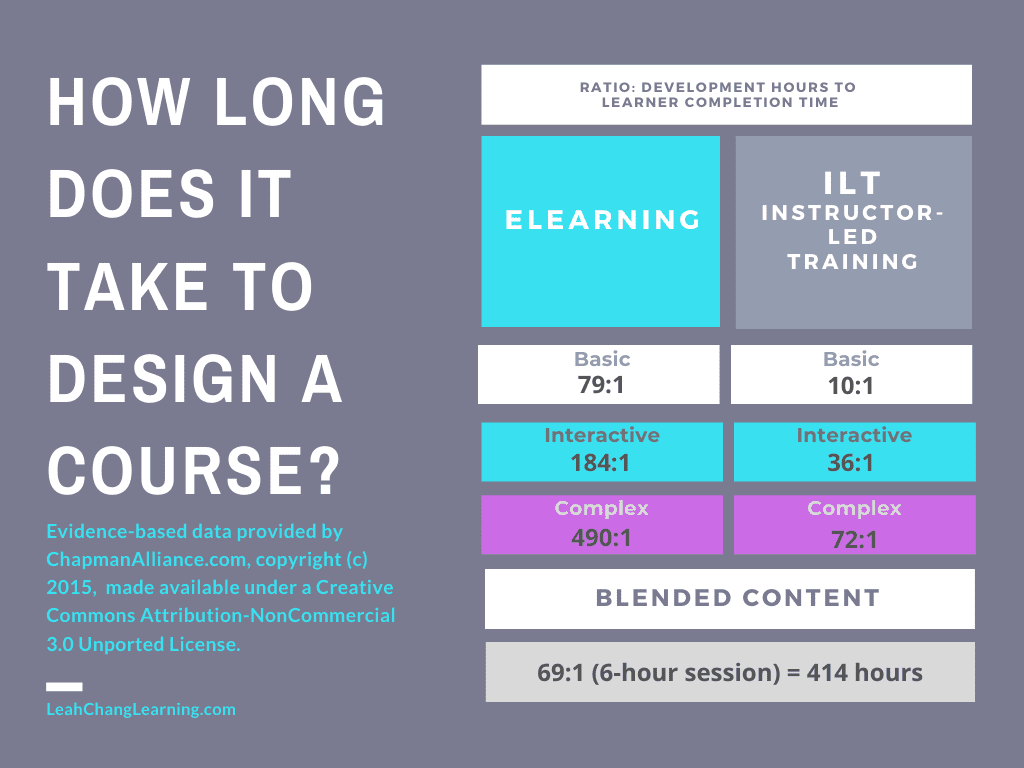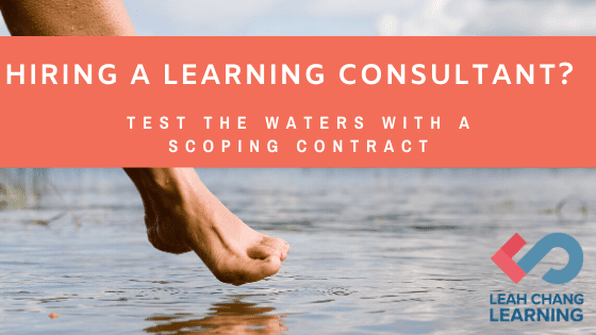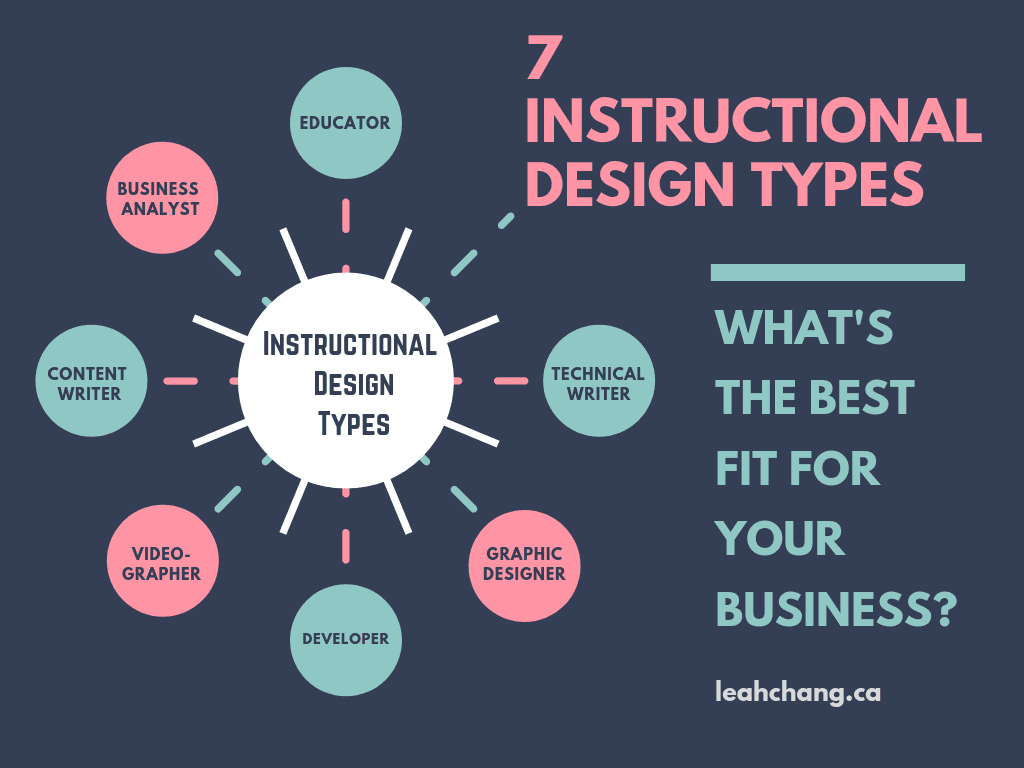Hiring an Instructional Designer
Get familiar with Instructional Design
How to navigate the many facets of curriculum development
The first step to a successful learning project is to lean on instructional designers. Whether you’re delivering synchronous or asynchronous programs, the right instructional designers are key to deliver learning and training with measurable impact.
Use these articles to choose the right instructional design consultancy for your project, from pricing and culture-fit to ROI and tips to save time. We hope these articles help you navigate your next curriculum design and development project more smoothly.
-

Vendor secrets: How to get the most from your external consultants
Our free learning and development series for non-profits is back. In the latest episode, our founder and CEO, Leah Chang, has teamed up with the Founder of OnPoint Employee Benefits, Tyler Hoffman, to…
-
How much time should I estimate for eLearning course development?
Planning to develop an eLearning course? Then you’ll want to know how much time it will take. The answer: It depends. eLearning courses range in duration (how long it takes…
-

What you should know about the 3 levels of custom eLearning development
Essentially, custom eLearning or instructor-led materials can mean anything that has had instructional design applied to create a unique course object. Instead of acquiring an out-of-the-box training product from a…
-

7 budget saving tips for your next eLearning project
7 Budget Saving Tips for Your Next eLearning Project Ever wonder how much it costs to build an eLearning course? Here’s the short answer: It depends!
-
Hiring a Learning Consultant? Test the Waters with a Scoping Contract
Hiring a consultant you’ve never worked with before is a big commitment. You want to be confident you’re getting the right Instructional Designer or Learning Consultant for the job and…
-
7 Instructional Design Types: Who’s Best for Your Business?
I’ve been lucky to work with many instructional designers from a variety of backgrounds—each brought a valuable skillset to their work, and some had specific strengths or focus depending on…
-
5 Tips for Hiring the Right Learning Consultant
Bravo! You know you need an instructional designer or learning consultant for your organization—you’re already well on your way to success. This post will help you choose the right learning…





